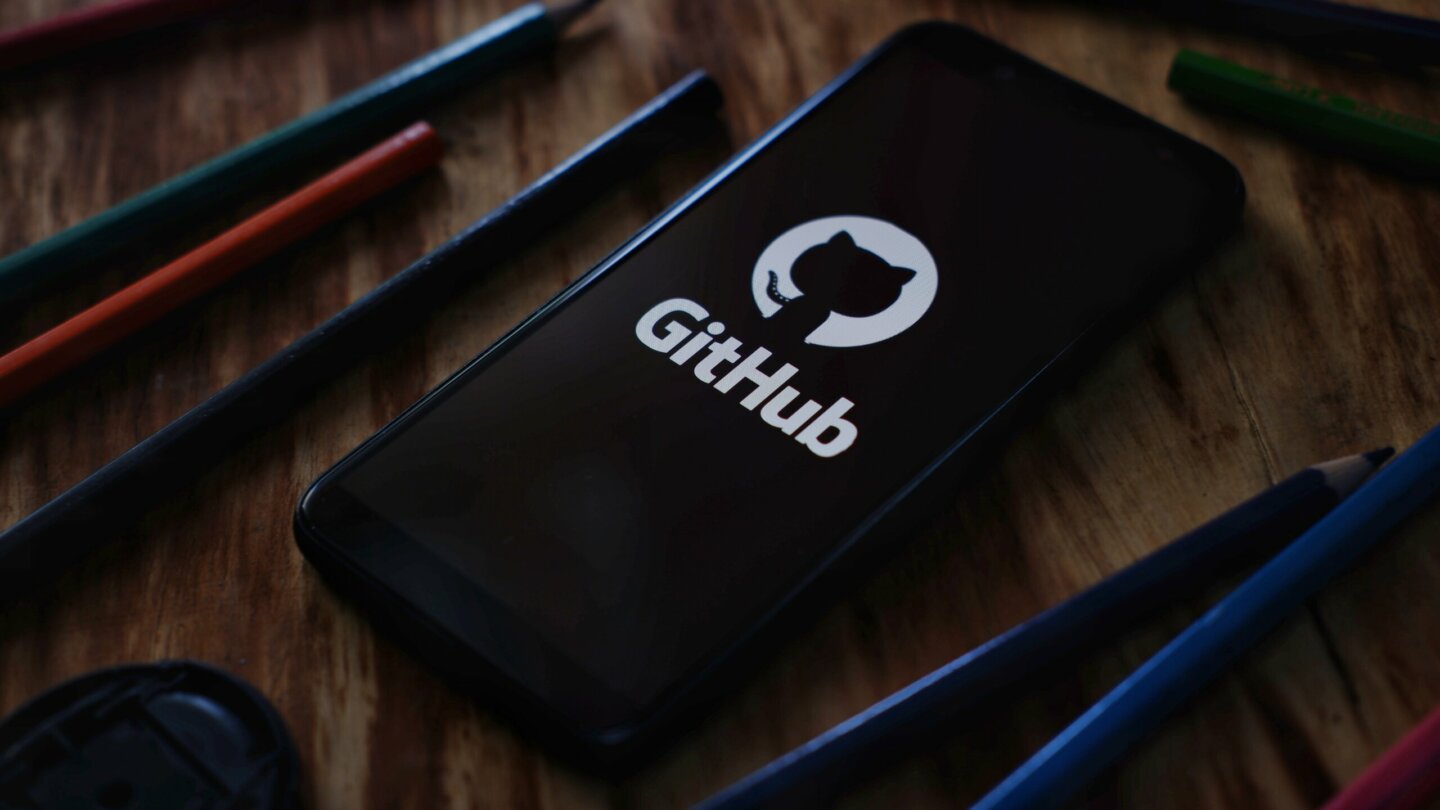
GitHub, a leading software development platform owned by Microsoft, has become a pivotal figure in integrating artificial intelligence (AI) to bolster code safety. However, amidst the technological advancements, GitHub’s Chief Security Officer (CSO) and Senior Vice President of Engineering, Mike Hanley, emphasizes a critical reminder to developers: the indispensability of mastering fundamental security practices.
Understanding the Persistent Cyber Threats
With over 100 million users, GitHub stands at the forefront of software innovation, making it a prime target for cyberattacks. Despite the sophistication of cybersecurity tools available to detect vulnerabilities, Hanley underscores the importance of starting with the basics. This includes enabling two-factor authentication (2FA) and adhering to industry standards and best practices—a sentiment echoing through the corridors of the tech community, stressing that advanced tools should complement, not replace, fundamental security measures.
The landscape of cyber threats, characterized by:
- Phishing attacks: Aimed at compromising software maintainers’ credentials.
- Social-engineering attacks: Targeting the human element to gain unauthorized access.
- Exploits of web application vulnerabilities: Taking advantage of software flaws.
This persistence of threat vectors underscores the importance of developer-centric security approaches. “You can buy tools to prevent and detect vulnerabilities, but the first thing you need to do is help developers ensure they’re building secure applications,” Hanley remarked during an interview with ZDNET.
Emphasizing Basic Security Measures
The stakes are high in the software ecosystem, where applications that power critical and everyday technologies—from video-conferencing tools to autonomous vehicles—are developed and hosted. The security of accounts maintaining these applications is paramount; a compromised account can lead to widespread repercussions, reminiscent of the SolarWinds and Log4j breaches. Recognizing this, Hanley, who joined GitHub amid the fallout of the SolarWinds attack, has been a vocal advocate for basic security measures like 2FA, which GitHub has been progressively mandating for all users over the past one and a half years.
Hanley’s vocal advocacy for basic security measures includes:
- Two-factor authentication (2FA): Progressively mandated for all GitHub users.
- Adherence to industry standards and best practices: Such as the Cloud Security Alliance’s benchmarks and Singapore’s Safe App Standard.
- Focus on ‘common sense’ basic security practices: Derived from both private and public organization input.
Revolutionizing Code Safety with AI
Amidst these foundational security practices, AI’s role in software development is increasingly becoming a game-changer, especially in preemptively identifying potential vulnerabilities. AI, particularly generative AI, is redefining the “shift-left” development model, which focuses on integrating testing earlier in the software development lifecycle to enhance code quality from the outset. This proactive approach is critical, as vulnerabilities often remain undetected until after software release, sometimes taking years to uncover.
GitHub’s AI-assisted development tool, Copilot, exemplifies this new paradigm. Launched in October 2021 and already serving over one million developers and 20,000 organizations, Copilot offers contextually relevant code suggestions, allowing developers to accept, reject, or modify these inputs. This tool not only aids in writing and reviewing code but also aligns with project-specific conventions across multiple programming languages, including Python, JavaScript, Ruby, and C#.
Assessing Copilot’s Influence and Future Prospects
GitHub CEO Thomas Dohmke’s report from June 2023 highlights Copilot’s impact:
| Metric | Details |
|---|---|
| Lines of Code Generated | Over three billion |
| Developers Using Copilot | More than one million developers and 20,000 organizations |
| Code Suggestions Acceptance Rate | Developers have accepted almost 30% of the AI’s suggestions |
| Future Projection | By 2030, AI-enhanced tools could add 15 million “effective developers” to the global workforce, potentially boosting GDP by more than $1.5 trillion |
| Coding Speed Increase | Users report coding 55% faster with Copilot |
| AI Contribution | 46% of codes were completed by the AI-powered technology in files where it was activated |
Despite the promise of AI in revolutionizing software development, Hanley cautions against viewing AI tools as standalone solutions. These technologies are best seen as co-pilots, enhancing the efficacy of human developers through a collaborative synergy. Like the relationship between drivers and self-driving cars, AI-assisted development tools complement but do not replace the need for human oversight and code review processes.
In conclusion, as GitHub navigates the intersection of AI technology and cybersecurity, the message is clear: while AI can significantly enhance the development process, ensuring the safety and integrity of software begins with a solid foundation in basic security practices. The future of coding is not just about embracing new technologies but also about reinforcing the fundamental principles that safeguard the digital world.
Featured Image courtesy of Poetra.RH/Shutterstock
